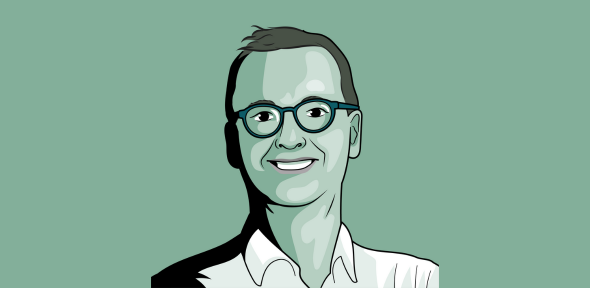Institute of Continuing Education (ICE)

Submitted by K. Weddepohl on Tue, 18/07/2023 - 16:31
I am a tropical medicine physician and infection pathologist who eventually found my way into the pharmaceutical industry when I realised that developing effective medicines and vaccines would have more impact on public health than individual practice. I went on to build my organisational and leadership skills to become the CEO of a global biotech company.
Coaching is an incredibly useful and flexible people skill that can be applied to leadership, management or one-to-one practice in a wide variety of contexts - from executive coaching to life coaching, depending upon one's area of interest or expertise. Coaching is also multi-disciplinary in nature, and it draws upon psychology, philosophy and adult learning theory, enabling people from incredibly different backgrounds and experiences to become a coach.
Gone are the days when some people can tell other people what to do! That is the old way of doing things. Modern managers need to be advocates, mentors and coaches who open up possibilities and attract talent. Our world values the attributes of innovation, collaboration, and critical thinking, which are all an intrinsic part of coaching practice. A leader who is a ‘coach-leader’ is a someone who inspires their colleagues to do their best work.
I love the fact that coaching can change people’s lives. Coaching creates the conditions in which people can view familiar situations with a totally new mindset. This shift in mindset can result in people realising their full potential and embracing everything that work and life has to offer!
I have a professional interest in existential coaching and other constructivist approaches to personal change. I am particularly interested in how one’s lived experience (also known as the phenomena of living, or ‘phenomenology’) can form the basis of reflection and learning in coaching in order to create a more positive mindset. I apply a qualitative approach by analysing clients’ natural language and comparing it to representative usage.
I am a product of continuing education myself. After completing my undergraduate, specialist and doctoral studies in medicine, I found myself mentoring colleagues and realised that in order to coach people competently and effectively, I needed to develop more evidence-based coaching skills. This led me to undertake a taster day at ICE and I then went on to complete the certificate and diploma in coaching. I was lucky enough to become a tutor And I’ve been teaching coaching since 2018. I am currently the course leader for neuroscience on the new Master of Studies in Coaching programme.
I am most inspired by the original thinkers in psychotherapy and existentialism, such as Sigmund Freud, Søren Kierkegaard, and Jean-Paul Sartre.
Seeing students finding their own interest, expertise, and presence as a coach.
My surgery professor at Newcastle University, Professor Robert Burton, taught us the Rule of 2 and 4: namely, always know at least two things about something in order to appear knowledgeable; but don’t bother knowing more than four things about it, because knowing more than four things is a waste of time!
Hill-walking and existential philosophy - in that order.